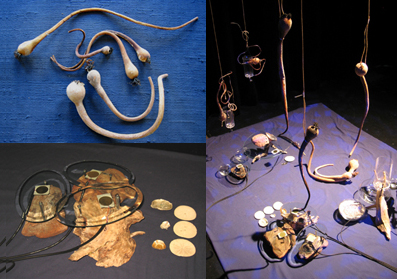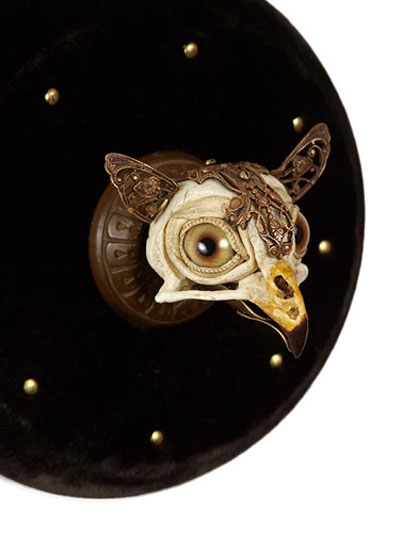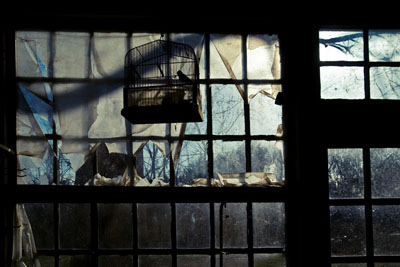Cheryl E. Leonard: Music from the Ice and the Earth
The sound of snow crunching under treading feet has a soothing quality. There’s nothing quite like the rhythm of little ice particles crushed by an eager boot. Concentrate on the sound for a long while, and eventually it becomes a small symphony of pressures, tones and pauses. Cheryl E. Leonard understands this. Recently, the San Francisco-based musician and naturalist received a grant from the National Science Foundation to go to Antarctica and develop musical compositions based on the natural elements and sounds of that cold, vast region.

Musical explorer Cheryl E. Leonard.
Cheryl Leonard is an outdoorsy type who composes intricate, complex music using instruments created by Mother Nature – rocks, twigs, pools of water, dried seedpods and sifting sand. A graduate of Mills College and frequent collaborator with many talented experimental musicians and collectives like 23Five, she’s one of several local noisemakers profiled in the recent documentary Noisy People.
The artistic statement on Leonard’s website is a playful, poetic stringing of thoughts and sensations. Sweet remembrances like “cartwheels & rolling down hills” and “tea & crumpets in a tree” hold as much significance and inspiration as reflections that give you pause: “fully exploiting the confines you are given,” “reinforcement of things you didn’t recognize that you already knew,” and the simple act of “paying attention.”

Instruments from the Tides:Estuary collaboration between Cheryl E. Leonard and visual artist Rebecca Haseltine.
Paying attention to the smallest details is what makes Leonard’s compositions so remarkable. In a video profile on KQED’s series Spark, (a must-see glimpse into the composer’s creative process) she said: “You could just bang on rocks and it could sound like nothing. It’s how you bang on the rocks that makes it musical or not.” Each instrument, foraged by Leonard through her hikes in the wilderness, is chosen with utmost care and affection. A small pine cone is considered a soprano or alto depending on the sound its scales make when plucked and bowed; a dried strip of bark can become a bow or an instrument on its own; rocks of varying sizes and shapes are all given names and taken home to be rubbed against each other slowly and carefully, or to collide together with gentle, percussive force.
















